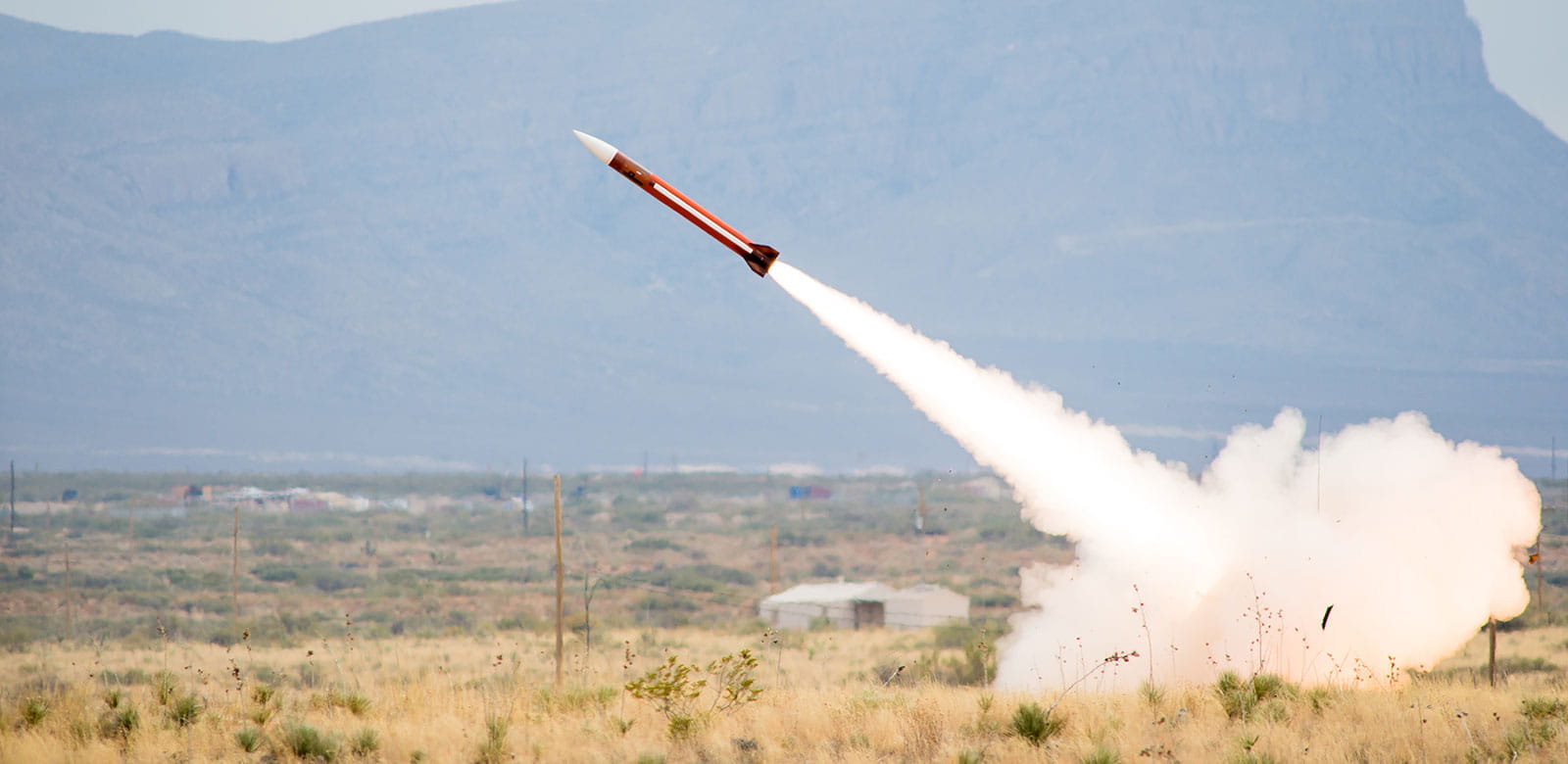Raytheon, an RTX (NYSE: RTX) business, was awarded a $478 million contract from the NATO Support and Procurement Agency (NSPA) to supply additional GEM-T missiles to Germany. This contract supports the replenishment of Patriot missiles donated by Germany to Ukraine. Showing their strong support for Ukraine, Denmark, the Netherlands and Norway have agreed to participate in the financing of this procurement. GEM-T, the Patriot Advanced Capability 2 (PAC-2) missile interceptor enhanced for defeating tactical ballistic missiles, is a primary effector for the combat-proven Patriot® air and missile defense system. Patriot is relied upon by eight European nations, and Ukraine, for defense against cruise missiles, ballistic missiles, and enemy drones and aircraft. The system is the foundation of air defense for 19 countries, and it continues to demonstrate its effectiveness against the most advanced and complex threats.
Ms Stacy A. Cummings, NSPA General Manager, said: “This contract demonstrates once again that NSPA, as NATO’s lead organization for multinational acquisition, support and sustainment, delivers effective and cost-efficient multinational solutions to nations, while reinforcing European industrial capacities. Through close Euro-Atlantic cooperation between allies and industry, customer nations have achieved economies of scale, reduced their logistics footprint, and are obtaining capable solutions and support through a proven turnkey legal framework.”
“Our customers are already realizing the benefits of bundled, multi-national procurement of Patriot missiles through NSPA, including the economies that offer greater affordability and the pre-negotiated contracting framework that shortens the acquisition timeline. As a result, not only can we better support the missile inventories for these European partners, but also strengthen our cooperation, their interoperability, and their contribution to an essential NATO mission,” said Tom Laliberty, president of Land and Air Defense Systems at Raytheon.
Just prior to Operation Iraqi Freedom (OIF), it was decided to further upgrade the GEM and PAC-2 missiles. This upgrade program produced missiles known as the GEM-T and the GEM-C, the “T” designator referring to tactical ballistic missiles, and the “C” designator referring to cruise missiles. These missiles were both given a totally new nose section, which was designed specifically to be more effective against low altitude, low RCS targets like cruise missiles. The GEM-T was given a new fuze which was further optimized against ballistic missiles and a new low noise oscillator which increases the seeker’s sensitivity to low radar cross-section targets. The GEM-C is the upgraded version of the GEM, and the GEM-T is the upgraded version of the PAC-2. The GEM+ entered service in November 2002. In 2018, Raytheon upgraded the GEM-T guidance system with solid-state gallium nitride (GaN) transmitters. A consortium of Patriot operators consisting of Germany, Romania, Spain, and the Netherlands has placed an order for 1,000 PAC-2 GEM-T missiles, with the bulk of production to take place in Germany by MBDA.[28] Domestic U.S. production of PAC-2 GEM-T missiles remains ongoing, with a contracted backlog of approximately 1,500 missiles and a near-term demand of an additional 1,000 missiles, while the company is producing roughly 20 missiles a month with plans to expand to 35 missiles a month by the end of 2027.

The Raytheon Company was a major U.S. defense contractor and industrial corporation with manufacturing concentrations in weapons and military and commercial electronics. It was previously involved in corporate and special-mission aircraft until early 2007. For more than 100 years, Raytheon has developed new technologies and enhanced existing capabilities in integrated air and missile defense, smart weapons, missiles, advanced sensors and radars, interceptors, space-based systems, hypersonics and missile defense across land, air, sea and space. In April 2020, the Raytheon Company merged with United Technologies Corporation to form Raytheon Technologies, which changed its name to RTX Corporation in July 2023. With more than 185,000 global employees, RTX pushes the limits of technology and science to redefine how we connect and protect our world. Through industry-leading businesses – Collins Aerospace, Pratt & Whitney, and Raytheon – we are advancing aviation, engineering integrated defense systems, and developing next-generation technology solutions and manufacturing to help global customers address their most critical challenges. The company, with 2023 sales of $69 billion, is headquartered in Arlington, Virginia.















